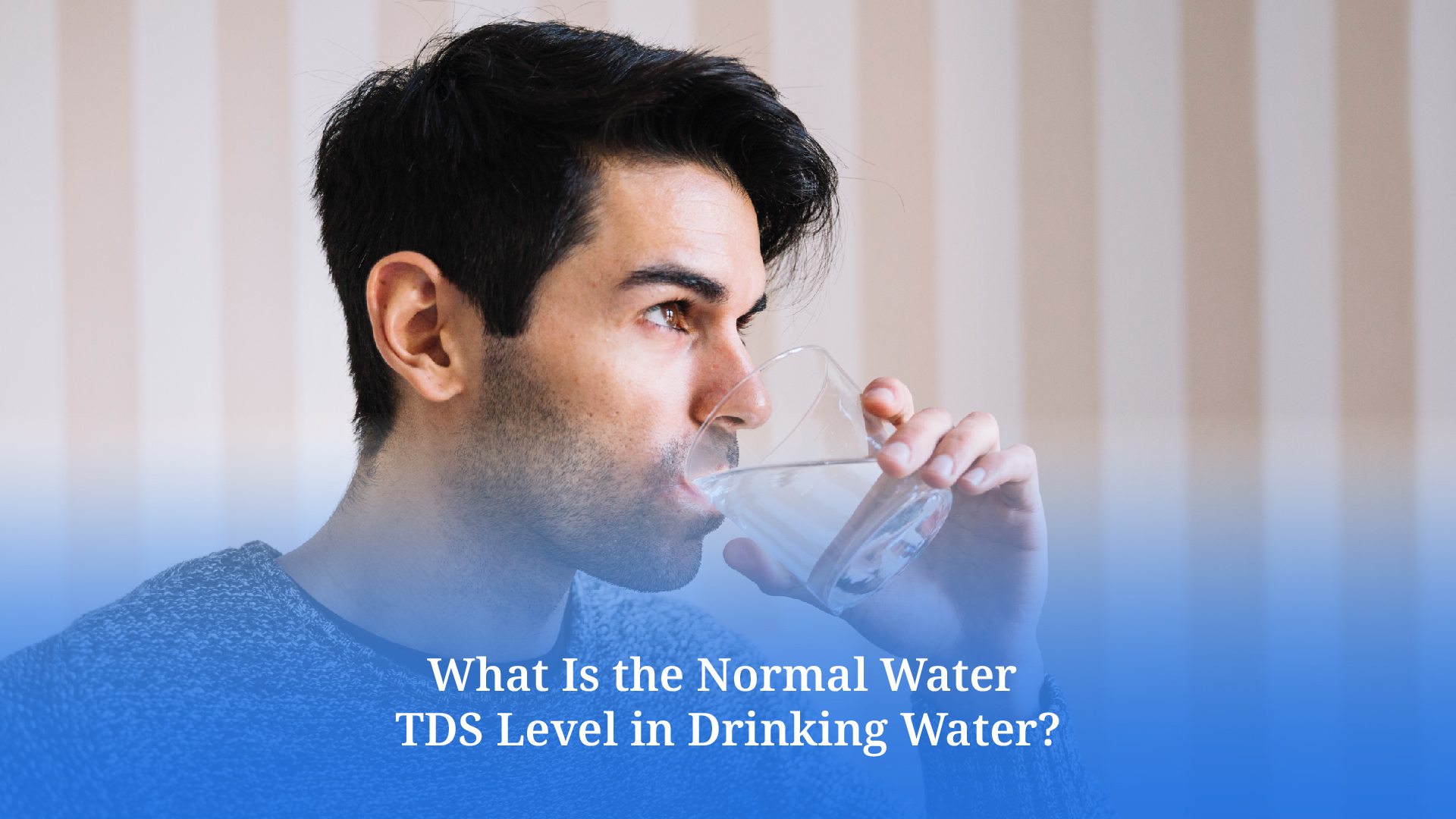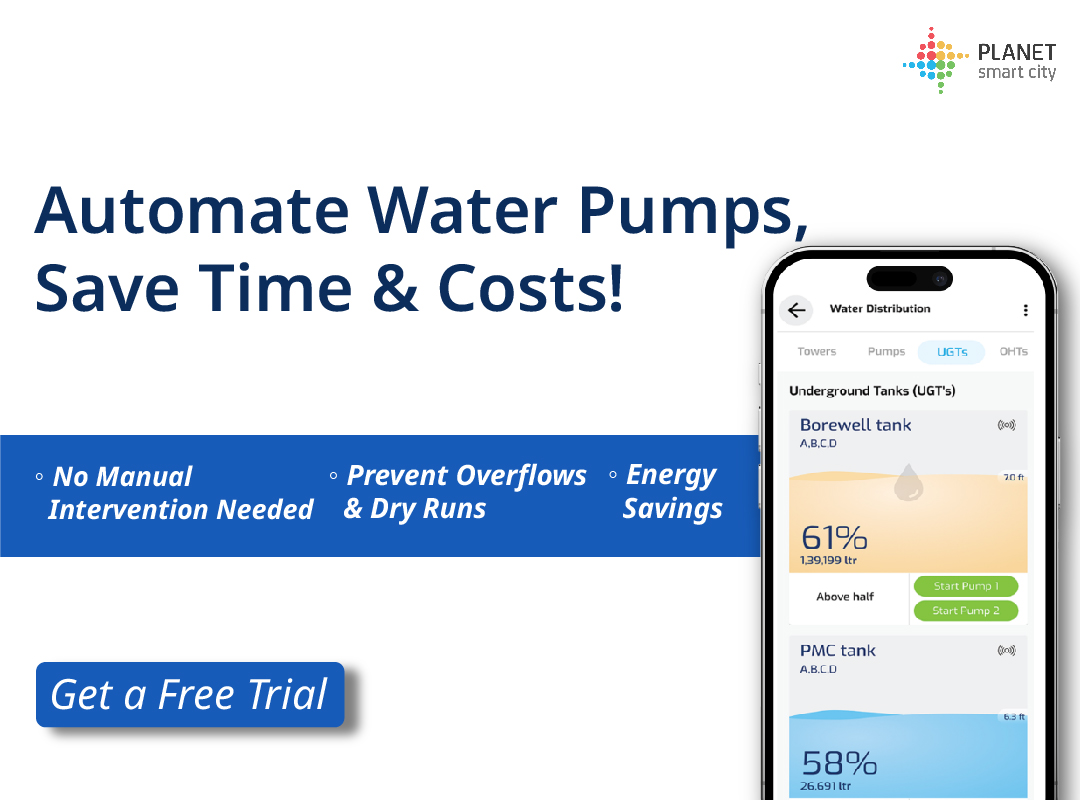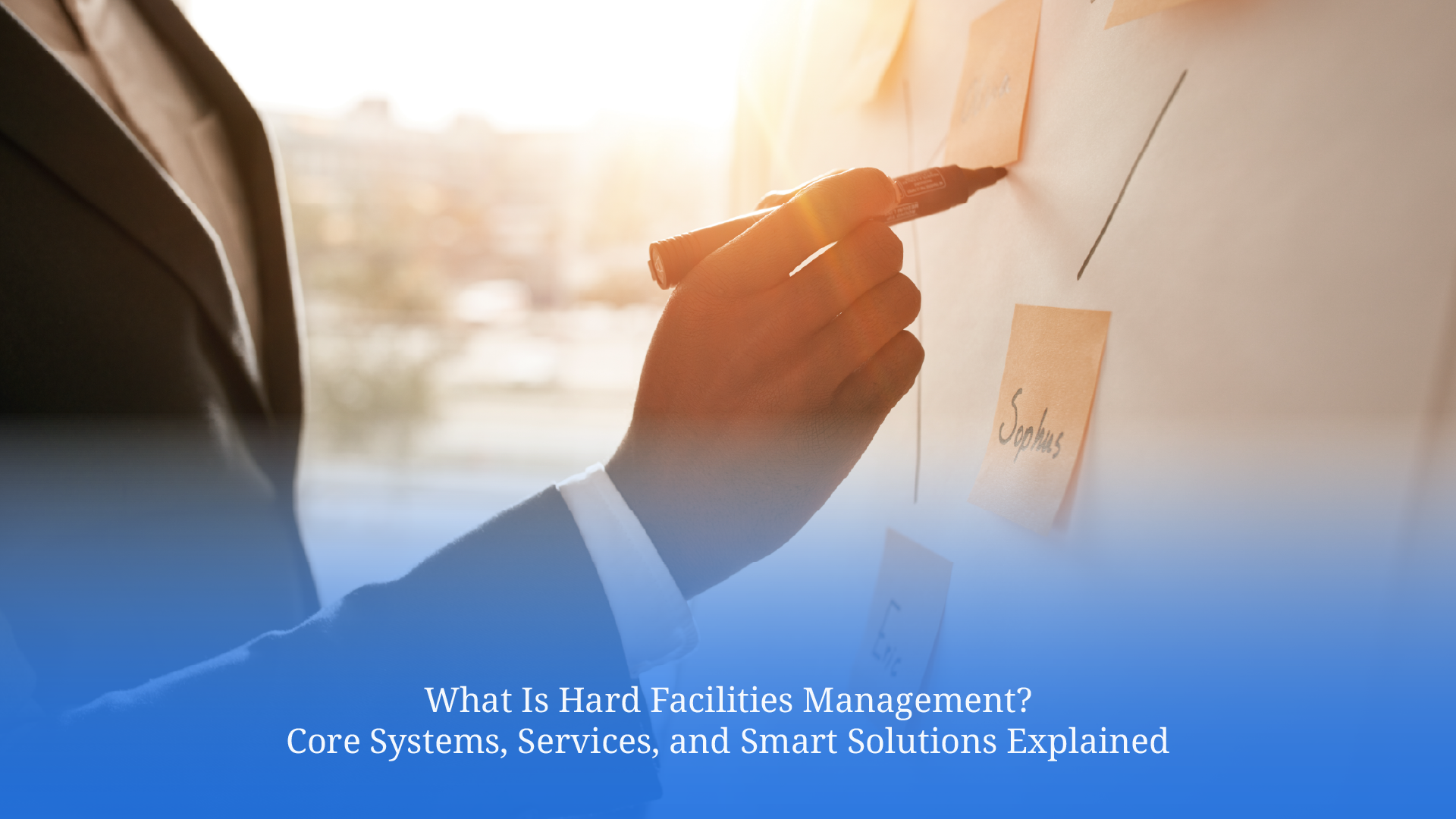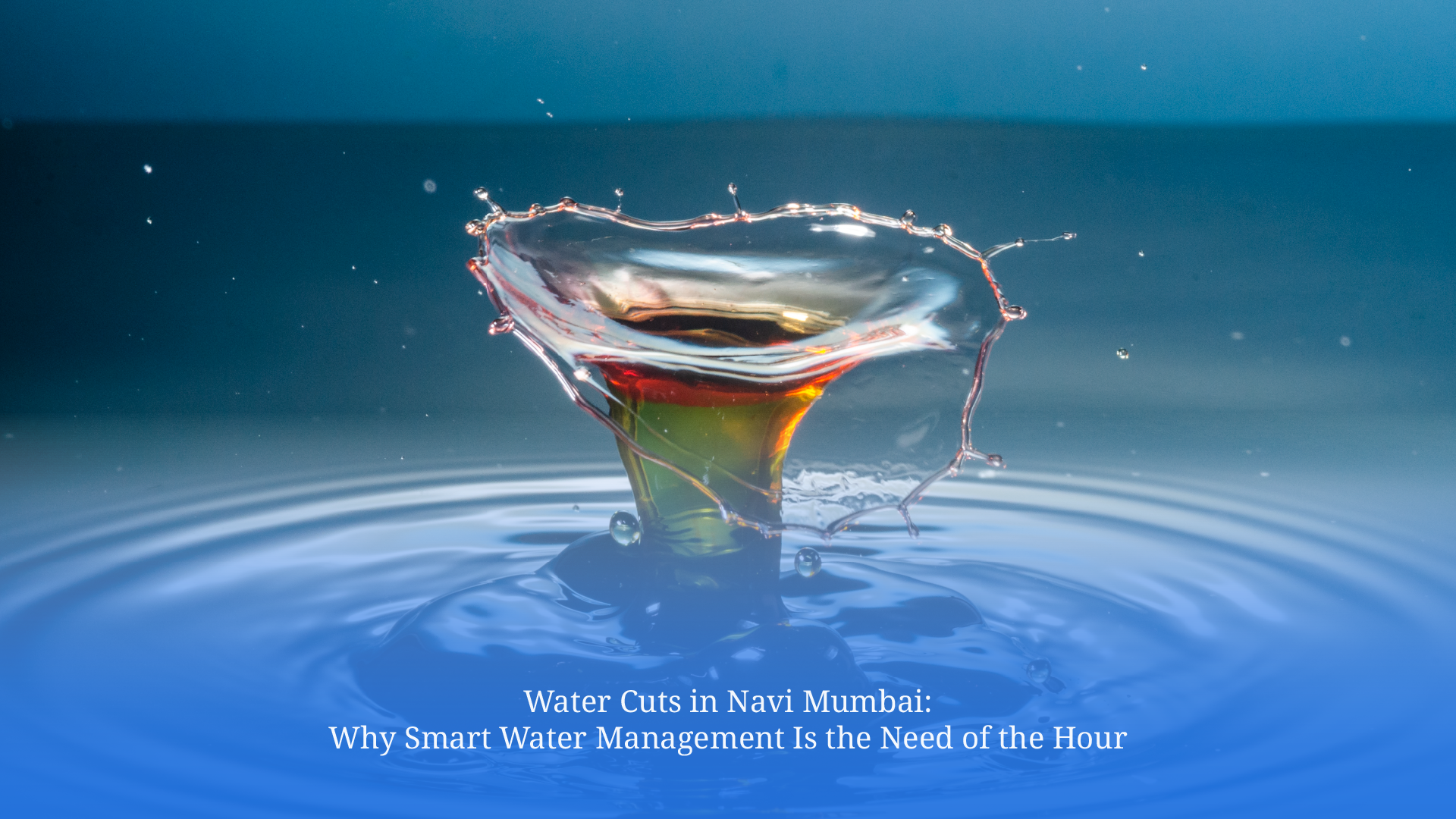What Is the Normal Water TDS Level in Drinking Water?

Understanding TDS in Drinking Water: Why It Matters
In today’s smart and health-conscious living environments, ensuring the quality of your drinking water is more essential than ever. One critical but often overlooked parameter is TDS, or Total Dissolved Solids. Whether you’re drinking from the tap, a filter, or a smart water dispenser, understanding the concept can help you make better health and lifestyle decisions. Let’s explore what TDS means, why it matters, and how modern homes and smart city solutions are evolving to monitor and manage it.


What is TDS in Water? A Closer Look
TDS refers to the total amount of mobile charged ions, including minerals, salts, and metals, dissolved in a given volume of water. These solids originate from natural sources like rock erosion or come from man-made sources such as industrial waste, agricultural runoff, and municipal treatment chemicals. While some dissolved minerals are beneficial in small quantities, excessively high or low TDS can adversely affect both the taste and safety of drinking water.
What is the TDS Normal Range in Drinking Water?
The quality of water based on TDS is typically measured in milligrams per litre (mg/L), also represented as parts per million (ppm). Here’s a handy reference guide:
| TDS Level (mg/L) | Water Quality | Taste/Health Impact |
| 50 – 150 | Excellent | Fresh taste, ideal for hydration; supports mineral intake |
| 150 – 300 | Good | Slight mineral taste; still healthy and safe for regular consumption |
| 300 – 500 | Fair | Noticeable mineral flavour; safe but may be undesirable for daily use |
| 500 – 900 | Poor | Often salty or metallic; may cause gastrointestinal discomfort |
| 900 – 1200 | Unacceptable | High salinity or bitterness; long-term use not advisable |
| Above 1200 | Not Drinkable | Unsafe for consumption; may cause health complications |
The above-given table illustrates the drinkable water TDS range, where levels between 50–300 mg/L are generally considered optimal in both taste and health terms.
Drinking Water TDS Limit as per Standards
Various health authorities worldwide, including the World Health Organisation (WHO) and national agencies like the Bureau of Indian Standards (BIS), have defined upper limits for TDS in potable water. As per the BIS, the drinking water TDS limit is 500 mg/L, which is considered the upper safe threshold for long-term consumption. Beyond this, while water may still be technically safe, it could exhibit poor taste and lead to health issues over time.
The WHO notes that water with a TDS level above 1000 mg/L becomes significantly unpalatable and may indicate the presence of harmful contaminants. Therefore, understanding and maintaining the normal drinking water TDS level is vital, especially in households relying on borewell or untreated water sources.
How to Measure Water TDS Levels at Home?
Here are a few methods for you to consider:
-
Digital TDS Meter
A Digital TDS Meter is a compact, pen-like device designed to provide an immediate and reasonably accurate reading of your water’s TDS. Simply immerse the probe in a glass of water and wait a few seconds for the digital readout. The meter displays the TDS value in parts per million (ppm), giving you a clear indication of how mineralised, or contaminated, your water might be.
Ideal for daily use or periodic checks, these devices are particularly useful for:
- Verifying the effectiveness of water purifiers
- Comparing different water sources (tap, RO, bottled)
- Travellers or individuals in temporary accommodations
-
Smart Water Purifiers
Smart purifiers offer a more hands-off approach by integrating real-time TDS monitoring. Many models are equipped with mineral cartridges or TDS controllers that help retain or rebalance essential minerals post-filtration. While these purifiers don’t always adjust the TDS automatically based on fluctuations, they ensure that water quality stays within a healthy range through built-in filtration and mineralisation systems.
Many smart purifiers also feature:
- App connectivity to monitor water quality remotely
- Auto-shutoff mechanisms if water becomes unsafe
- Filter health indicators that notify you when replacement is needed
-
Laboratory Testing Kits
For those seeking deeper insight into their water composition, laboratory testing kits provide a more comprehensive option. These kits are typically ordered online or through certified labs and involve collecting a water sample at home, which is then sent to a facility for advanced analysis.
While slightly more time-consuming, this method delivers detailed results on:
- Total Dissolved Solids (TDS)
- Microbiological contamination (bacteria, viruses)
- Chemical pollutants (nitrates, chlorine, fluoride)
- Heavy metals (lead, arsenic, mercury)
This is particularly recommended if:
- Your water source is a private well or borewell
- You live in an area with industrial or agricultural activity
- You have young children, elderly family members, or individuals with compromised immunity
For ultimate peace of mind, lab testing helps confirm whether your water meets the acceptable TDS for drinking water while also detecting any invisible health risks not captured by basic tools.
Elevating Everyday Living with Smart Water Awareness
As smart urban infrastructures evolve, monitoring water quality is becoming an integral part of sustainable living. From choosing the right purifier to periodically checking your TDS levels, proactive steps ensure your family’s health and comfort.
At Planet Smart City, we recognise the role of data-driven infrastructure in enhancing everyday experiences. Encouraging residents to monitor TDS levels aligns with our commitment to smarter, healthier communities.
Don’t wait. Pick up a digital TDS meter or explore integrated purification solutions today. They will ensure your drinking water TDS range is safe and has great-tasting hydration.




